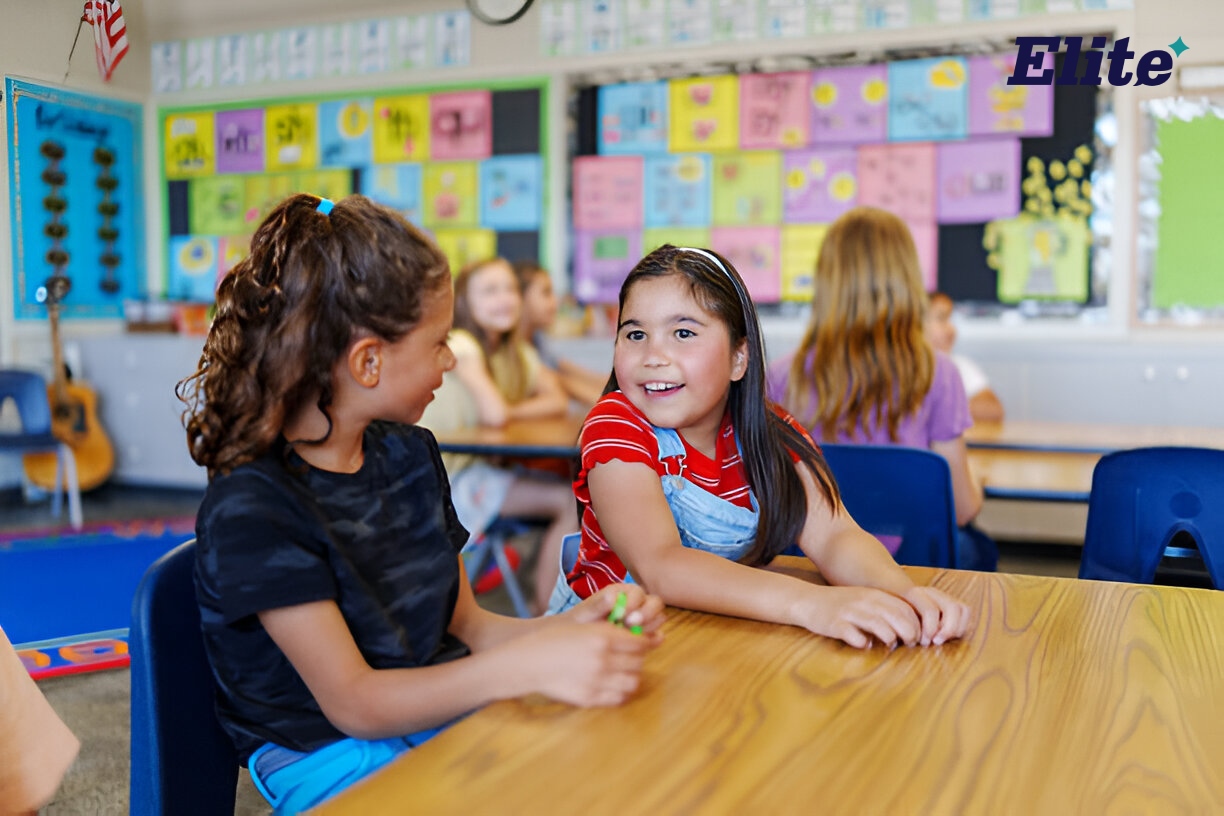
Why Kids Learn Languages Faster: The Science Behind It
- Posted by Katya Pizarro
- Categories Culture
Why Kids Learn Languages Faster: The Science Behind It
Have you ever wondered why kids seem to pick up new languages like they’re learning their ABCs? It’s like they have some secret superpower! While we adults often struggle with grammar rules and pronunciation, children just seem to absorb languages effortlessly. So, what’s the secret behind their linguistic prowess?
Spongs
First off, kids are like little sponges. They soak up everything around them, including languages. Imagine this: a child growing up in a bilingual household doesn’t sit down to study grammar books. Instead, they learn by being immersed in the language, hearing it, and speaking it in everyday life. No stress, no pressure—just natural, fun learning. They pick up words and phrases simply by interacting with their environment, much like how they learn to walk or ride a bike.
But there’s more to it than just exposure. Kids have a significant cognitive advantage when it comes to learning languages. Their brains are rapidly developing, forming neural connections at an astonishing rate. These connections are what make it possible for them to achieve fluency in multiple languages. It’s like their brains are wired for it! This fast-paced neural development allows them to learn a new language just as easily as they learned their first one. And while some kids might take a little longer than others, they all eventually get there, each at their own pace.
Subconsciously
One of the coolest things about kids learning a second language is that they do it subconsciously. They don’t stress over grammar rules—they just know when something sounds right. Think about it: a child doesn’t need to be told the rules of language to use it correctly. They just do. According to Krashen’s language acquisition theory, this natural process is key. He argues that children—and second language learners—follow a “natural order” in language development, where understanding comes first, and grammar comes later, almost without them realizing it.
Learning a new language doesn’t just make kids smarter; it also broadens their horizons. It opens up their minds to different cultures and ways of thinking, helping them become more empathetic and tolerant. Imagine a world where more people had these qualities—what a difference that would make! Language learning at a young age isn’t just about being able to speak another language; it’s about becoming a global citizen, someone who can connect with others from all walks of life.
So, if you’re in the U.S. and want to give your kids a head start, why not consider enrolling them in a language program? At Elite Language Academy, we offer immersive language programs that tap into children’s natural abilities to learn. Give your child the gift of language and set them on the path to becoming a more empathetic, culturally aware individual. Explore our programs today and see how we can help your child thrive in a multilingual world!
Dr. Pizarro is the Founder and President of Elite Language Academy, a language center in the USA. As an innate educator, she lectures as a Professor at Broward College in Florida. Her research interests and publications relate to TESOL education, multiculturalism, schooling settings with ESL students, and professional development. Her dissertation Exploring Private School Teachers’ Perceptions and Pedagogical Efficacy with English language Learners has effectively contributed to ESL teaching in the U.S. She has frequently delivered presentations at Annual TASS, Teaching Academic Survival, and Success Conferences.



